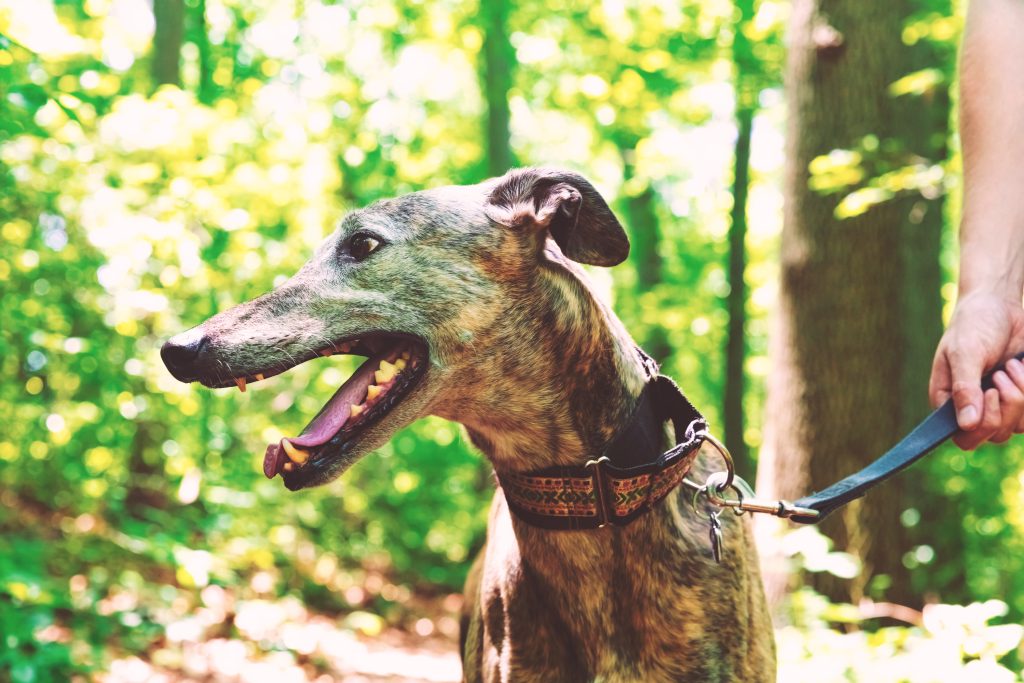If you’re a new dog owner, training your puppy can seem like an overwhelming task. However, it doesn’t have to be! With the right techniques and approach, you can easily train your pup to become well-behaved and obedient. You’re about to discover everything you need to know about puppy training, including how to teach basic commands, housebreak your puppy, and socialize them properly. Let’s get started!
Introduction to Puppy Training
The first step in puppy training is understanding that consistency and patience are key. Your pup needs to understand that you are their leader and that they should listen to you. It’s also important to establish clear boundaries from day one so that your pup knows what behavior is acceptable and what isn’t.

The Importance of Consistency and Patience
One of the most common mistakes people make when training their puppies is being inconsistent or impatient. If you don’t stick to a routine and give up too quickly, your pup won’t learn anything. Remember, dogs thrive on structure and routine, so make sure you set aside time each day for training sessions. Additionally, always reward good behavior and ignore bad behavior. This will help reinforce positive actions and discourage negative ones.
Teaching Basic Commands
Once you’ve established yourself as the alpha and set some ground rules, it’s time to start teaching your pup basic commands such as “sit,” “stay,” and “come.” Start by using treats to lure your pup into position, then praise them when they do what you ask. Repeat these exercises multiple times per day until your pup has mastered the command.
Housebreaking Your Puppy
Another essential aspect of puppy training is housebreaking. The key here is to take your pup outside frequently throughout the day and immediately after meals. Whenever your pup goes potty outside, praise them enthusiastically. On the other hand, if they go inside, simply clean up the mess without scolding them. They won’t understand why you’re upset, and punishing them could lead to fear-based aggression.
Socialization and Playtime
All in all, it’s crucial to socialize your pup properly. Expose them to different environments, sounds, and people at a young age so that they grow up feeling confident and comfortable around others. You can also use playtime as a way to bond with your pup and burn off excess energy. Make sure to provide plenty of toys and rotate them regularly to keep things interesting.
All in all, puppy training doesn’t have to be difficult. By following these proven techniques, you can teach your pup basic commands, housebreak them effectively, and socialize them appropriately. Remember to stay consistent, patient, and loving throughout the process, and you’ll have a well-trained companion in no time!

